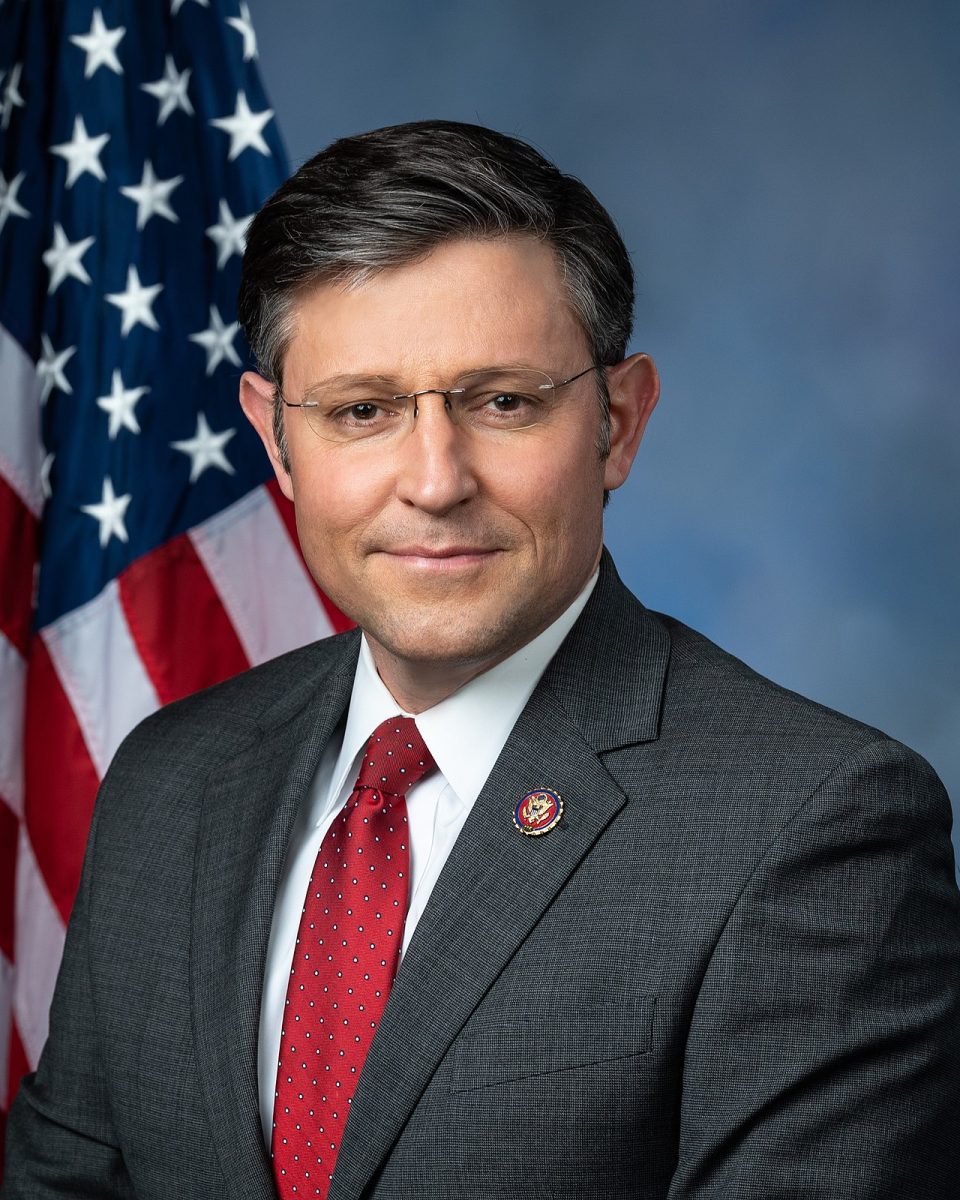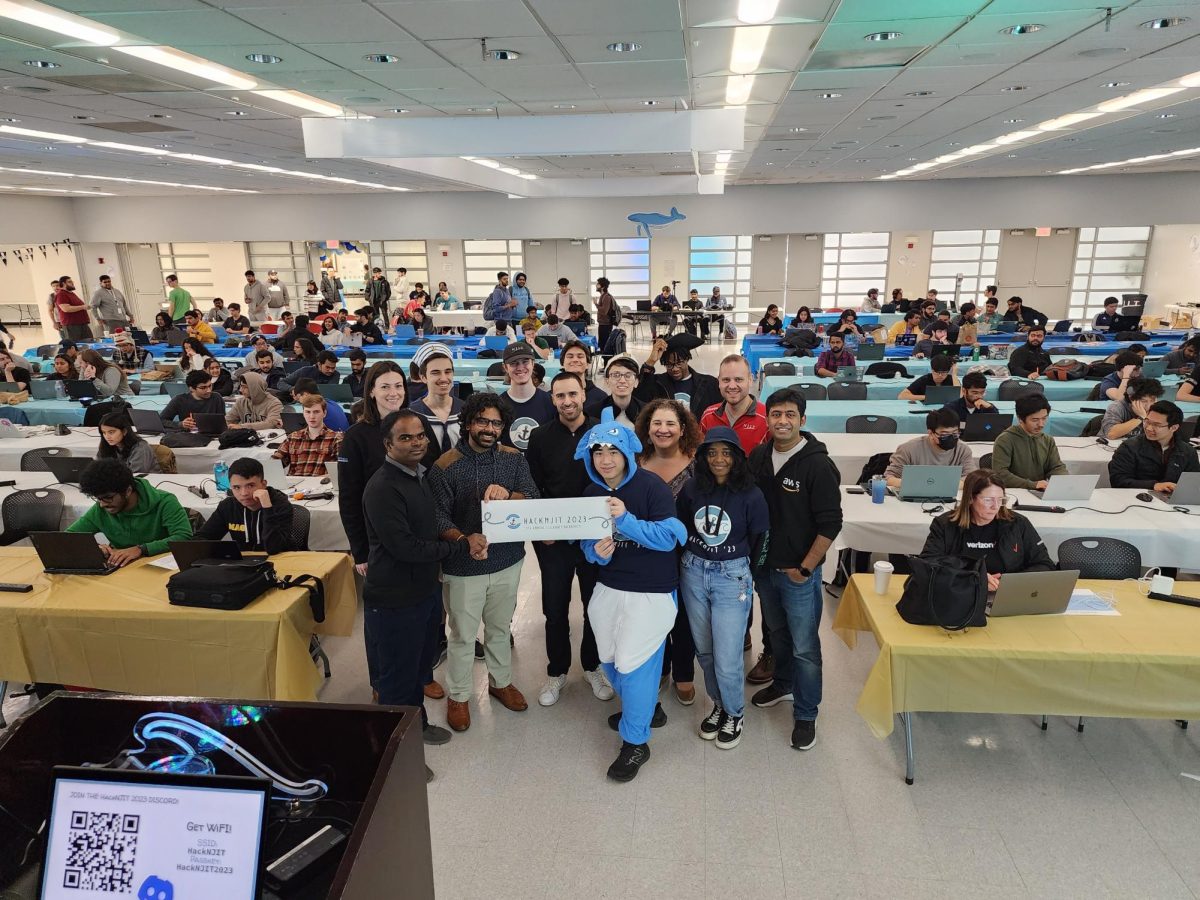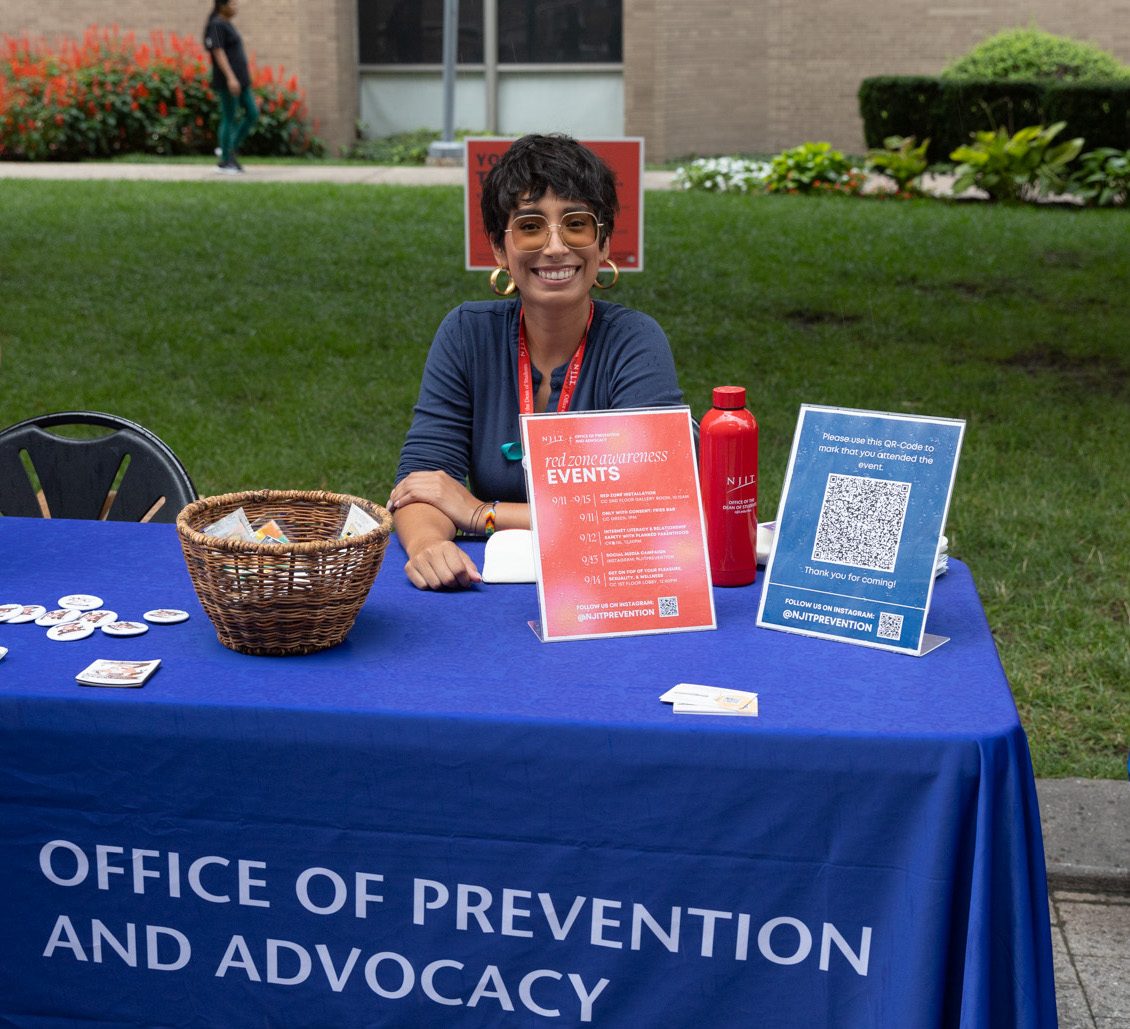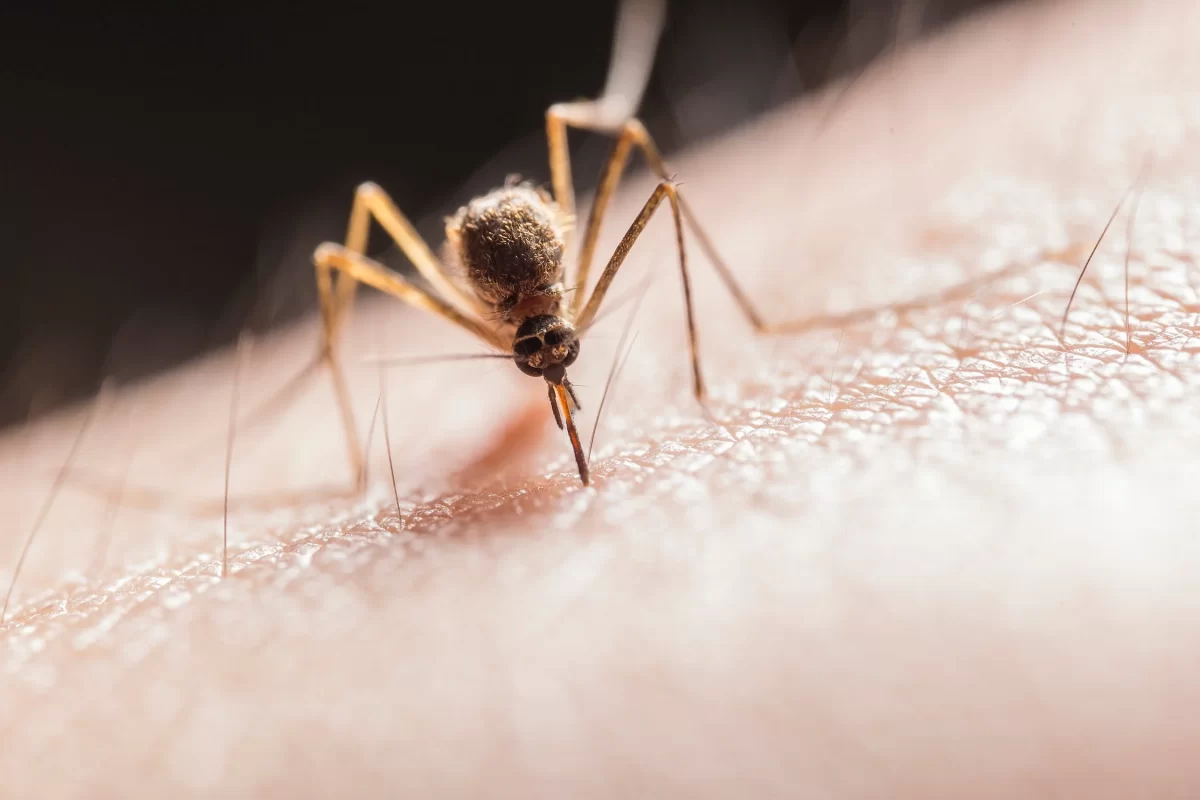All information has been sourced from the Center for Disease Control and Prevention website and/or the World Health Organization website unless otherwise listed, and is current as of February 5, 2020. Facts about the virus have changed since publication and readers are strongly advised to refer to more up to date information from their local, state, and federal government agencies on this evolving issue.
The last month of 2019 closed with the emergence of a new strain of coronavirus, which has caused a global death toll of over 1,800 people as of Feb. 18. The 2019 Novel Coronavirus (nCoV), is a new coronavirus that hasn’t been seen before. It causes an illness that is airborne, with symptoms that could show up in as few as two or as long as 14 days after exposure.
The United States has declared a public health emergency to contain this virus, as 11 cases have been confirmed in the country. Along the same lines, NJIT has also created a task force to “actively monitor updates from the New Jersey Department of Health and the CDC.” They will be providing further updates to the college community as appropriate.
In an email sent on Feb. 4, NJIT encouraged members of the campus community who have traveled or been in contact with someone who has traveled to Mainland China during the last 14 days to fill out an online questionnaire. The task force will then contact the community member to discuss further protocol.
Research on who the virus affects is still going on, but it has been observed that the elderly and people who have pre-existing medical conditions are more at risk of developing severe illness. One of the difficulties associated with containing the nCoV is that its symptoms are very similar to those of the common cold or flu, and it can therefore be dismissed as either of the two. This trait makes it difficult to identify the virus by even scrutinized observation, and laboratory tests are necessary to confirm its presence in the human body.
In order to prevent oversight, the World Health Organization (WHO) recommends that anyone with a fever, cough or difficulty breathing should visit a medical practitioner as soon as possible so that the disease, if present, does not increase in severity. In order to prevent the disease, it is recommended that hands should be washed with soap and water, and a sanitizer with at least 60 percent alcohol should be used in the absence of either.
Since nCoV is a respiratory illness, droplets of fluid transmitted through coughs or sneezes are capable of infecting others; in order to prevent this, tissues should be used and disposed into a lined garbage container. Objects which are touched frequently should be cleaned and disinfected, and close contact with people who are sick should be avoided. Since no vaccine or medication is available to prevent or treat the virus yet, these basic precautions that have been recommended for any sort of flu should be followed.
Although sustained community spread is occurring in China, the Center for Disease Control and Prevention (CDC) has maintained that the virus is currently not spreading in the United States. The primary means of contracting this infection is through exposure to the virus causing it or close contact with someone who is already sick.
Although there are people confusing nCoV with the SARS outbreak from 2002 to 2003, this is a different virus. It does not seem to be as deadly, since the current fatality rate associated with nCoV is two percent so far, much less than the SARS’ 9.6 percent. There have been confirmed cases in 29 countries, and the WHO hasn’t given any other nation a “very high” risk assessment. In fact, it has clearly stated that people living in areas outside China where the virus is not circulating are not at risk of infection.
The director of the CDC, Dr. Robert Redfield, has stated that their assessment remains that the immediate risk to the American people is low. The National Security Advisor, Robert O’Brien, has made a similar statement, saying, “Right now, there is no reason for Americans to panic. This is something that is a low risk, we think, in the US.”. The White House has also announced the establishment of a coronavirus task force to “monitor, contain, and mitigate the spread of the virus.”
Updates on what is known about nCoV are constantly arriving. NJIT encourages students to keep themselves informed through the CDC and WHO websites. This virus is not a serious threat to our community at the present moment, and following basic practices of hygiene should be enough to prevent any infections.


































